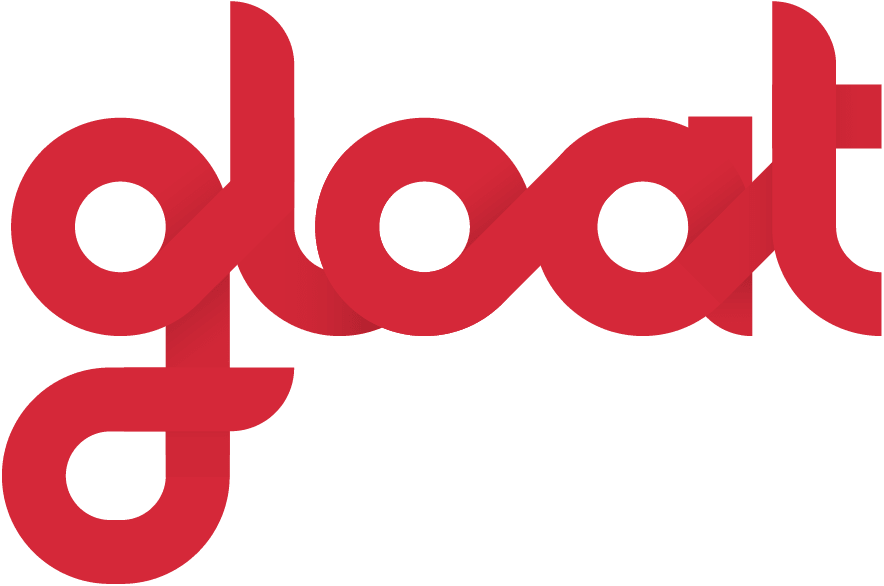
Exploring today’s retention revolution with Erica Keswin
A Q&A on creating virtuous work cycles that empower employees to expand their skills By Nicole Schreiber-Shearer, Future of Work Specialist at Gloat Reducing turnover has always been an HR priority—but it’s taking on an entirely new meaning in the






